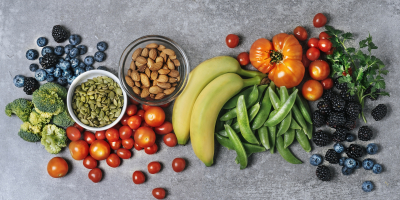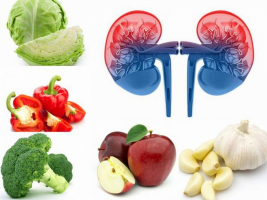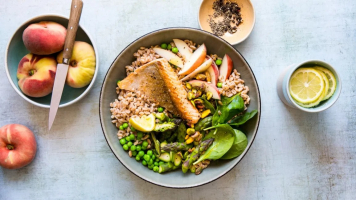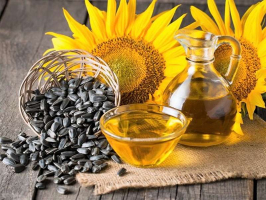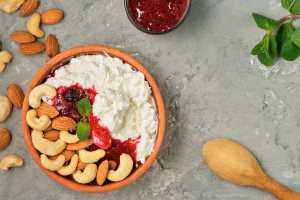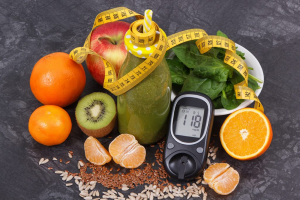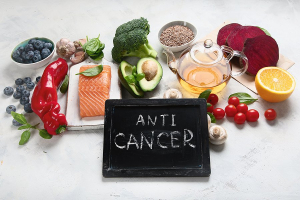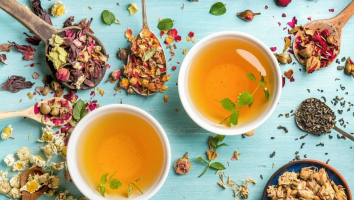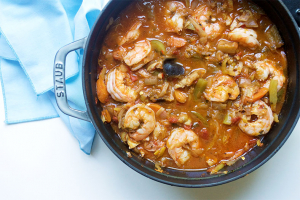Top 10 Best Foods for People with Lung Disease
Lung disease affects millions of Americans, with new cases being identified every day. Whether you have emphysema or bronchitis, asthma, or are dealing with ... read more...lung pain as a result of a mesothelioma diagnosis, lung disease can be painful and have an impact on your quality of life. A nutritious diet is vital for everyone, but it is especially important for people who have COPD or mesothelioma cancer. Below are the Best Foods for People with Lung Disease that you can refer to add to your daily meal!
-
The beetroot plant's vibrantly colored root and greens contain chemicals that improve lung function. Beetroot supplements have been found to enhance physical performance and lung function in persons with lung disorders such as COPD and pulmonary hypertension, a disease in which the lungs have high blood pressure. Beet greens are also high in magnesium, potassium, vitamin C, and carotenoid antioxidants, which are all important for lung health.
Nitrates found in beetroot and beet greens have been proved to improve lung function. Nitrates aid in blood vessel relaxing, blood pressure reduction, and oxygen uptake optimization. Beet juice can help reduce blood pressure in as little as a few hours. According to one study, drinking one glass of beet juice reduced systolic blood pressure by four to five points on average. Beets contain naturally occurring nitrates, which are converted to nitric oxide in the body. Nitric oxide, in turn, helps your blood vessels relax and widen, boosting blood flow and decreasing blood pressure. Another study discovered that drinking 8 ounces of beet juice each day for a week reduced blood pressure by nearly eight points, which is greater than most blood pressure drugs.
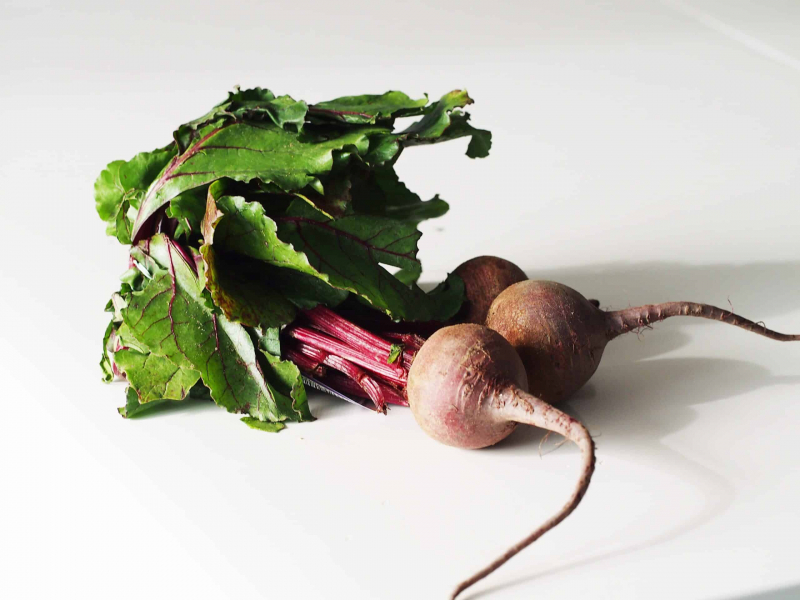
Beets and beet greens 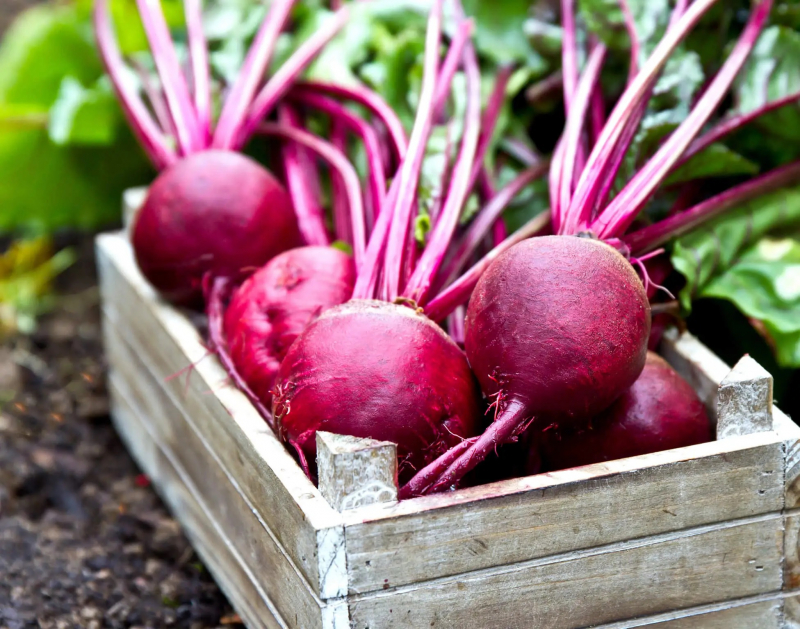
Beets and beet greens -
Bell peppers are high in antioxidants, which are associated with better health and protection against diseases including cancer and heart disease. This delicious fruit is strong in vitamin C, a powerful antioxidant that fights free radicals and protects the lungs from harm. In addition, red bell peppers contain carotenoids, which may help to reduce the risk of lung cancer.
For smokers, getting enough vitamin C is extremely crucial. In fact, because cigarette smoke exhausts your body's antioxidant stores, it's suggested that smokers take an extra 35 mg of vitamin C every day. Many studies show that smokers may benefit from higher vitamin C doses and that smokers who consume more vitamin C have better lung function than those who consume less. A single medium-sized (119-gram) sweet red pepper provides 169% of the daily vitamin C requirement
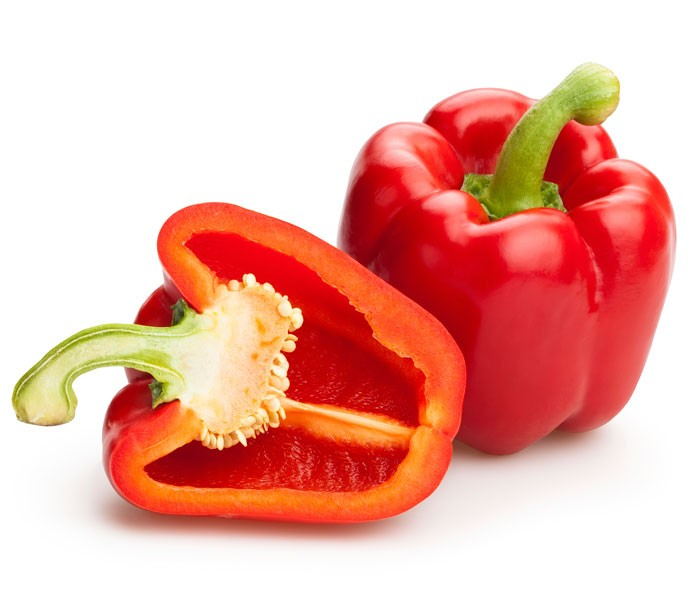
Bell peppers 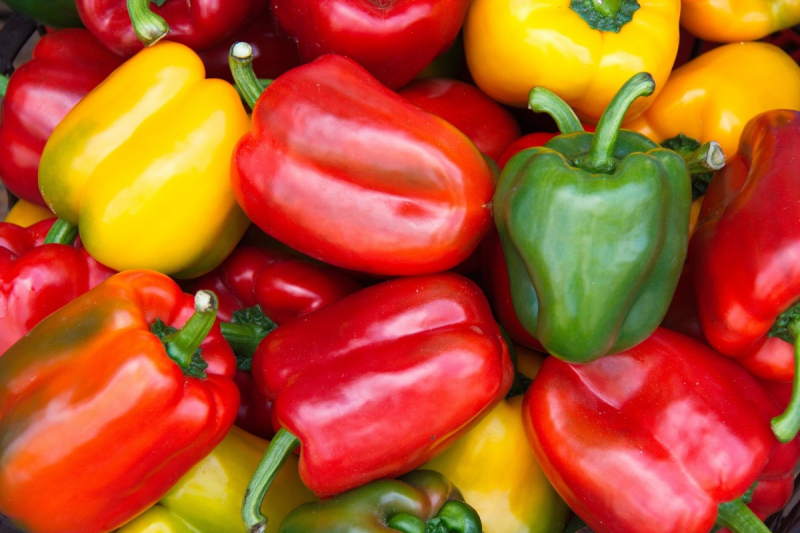
Bell peppers -
Apples are highly nutritious fruit with numerous health benefits. They're high in antioxidants and fiber. Eating them has been associated with a decreased risk of diabetes, heart disease, and cancer, among other chronic diseases. Apples can help you lose weight and improve your gut and brain health.
According to studies, eating apples on a daily may help to improve lung function. Apple intake, for example, has been linked to a slower deterioration in lung function in ex-smokers in studies. Furthermore, eating five or more apples each week is associated with enhanced lung function and a reduced chance of getting COPD. Apple intake has also been related to reduced asthma and lung cancer risk. This might be due to apples' high antioxidant content, which includes flavonoids and vitamin C.
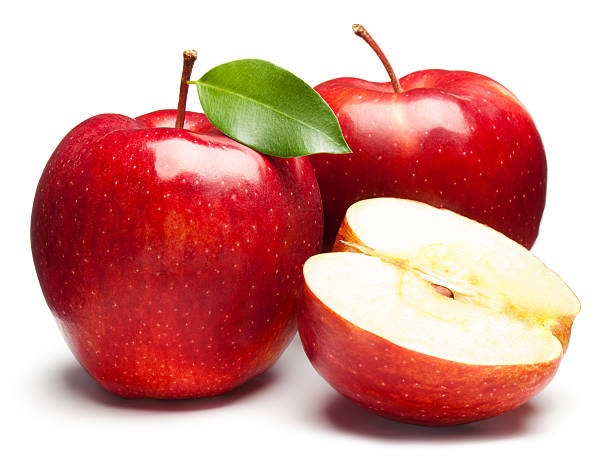
Apples 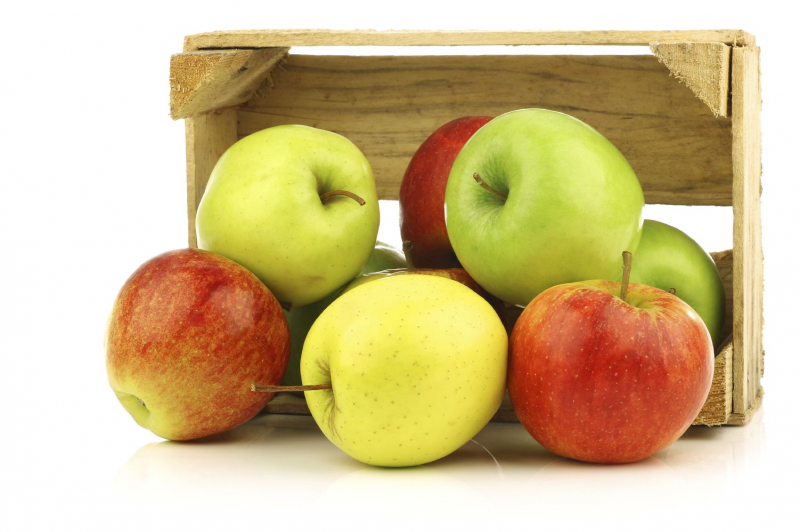
Apples -
Pumpkin is highly nutritious, as it is high in vitamins, minerals, and antioxidants. Its nutrients and antioxidants may help to strengthen your immune system, protect your eyesight, reduce your risk of some cancers, and improve your heart and skin health.
Pumpkins include a range of lung-health-promoting plant compounds in their brightly colored flesh. They're particularly high in carotenoids, including beta carotene, lutein, and zeaxanthin, which all have potent antioxidant and anti-inflammatory properties. Higher blood levels of carotenoids are associated with greater lung function in both older and younger people, according to studies. People who smoke may benefit greatly from eating more carotenoid-rich foods, such as pumpkin. According to research, smokers have 25% lower levels of carotenoid antioxidants than nonsmokers, which can harm lung health.
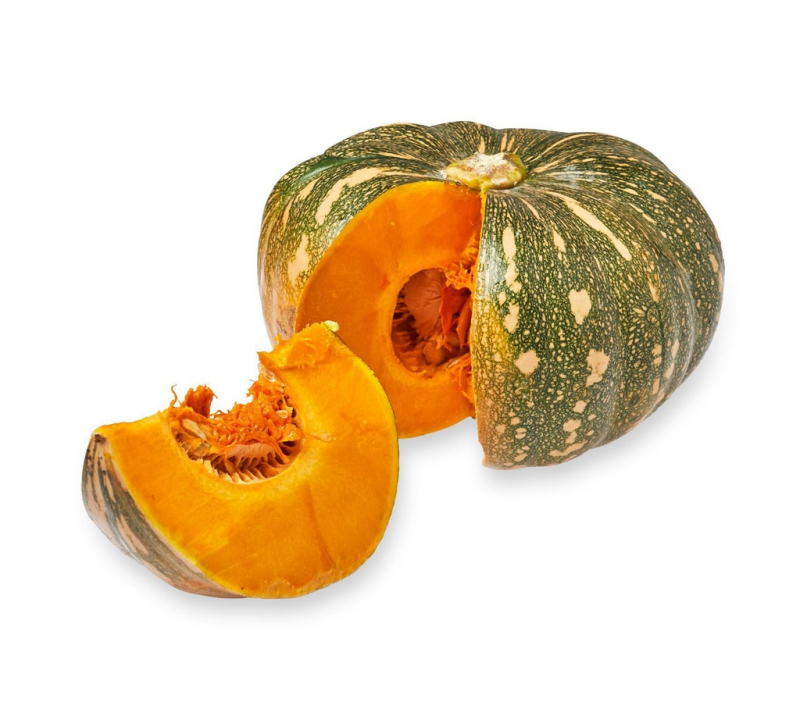
Pumpkin 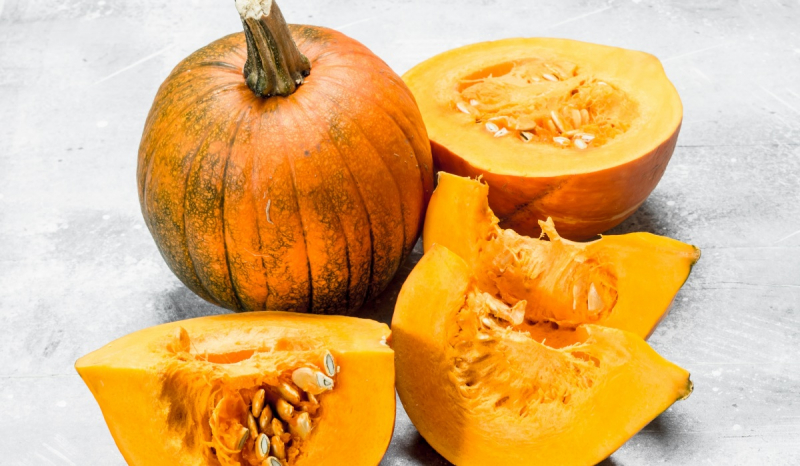
Pumpkin -
Turmeric has been used as a spice and a medicinal herb in India for thousands of years. Science has recently started to options claims that turmeric contains chemicals that have therapeutic qualities. Turmeric, particularly its most active compound, curcumin, has a long list of scientifically proven health benefits, including the ability to improve heart health and prevent Alzheimer's and cancer. It has anti-inflammatory and antioxidant properties.
Turmeric's major active ingredient, curcumin, may be perfect for lung health. Curcumin intake was associated with enhanced lung function in a study of 2,478 participants. Furthermore, smokers who took the most curcumin had much better lung function than those who consumed the least. In fact, smokers who ate a lot of curcumin had 9.2% better lung function than those who didn't.
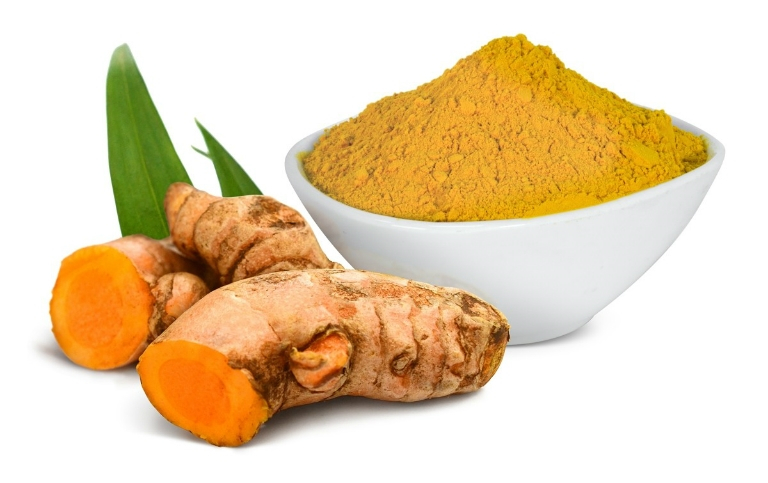
Turmeric 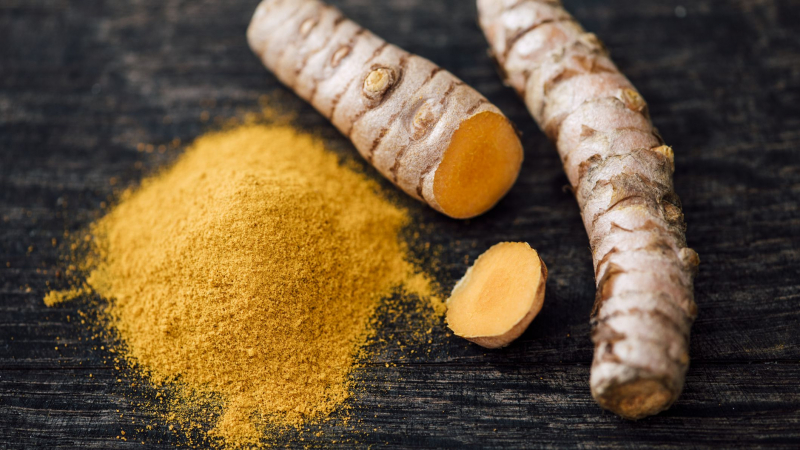
Turmeric -
A diet rich in tomatoes and fruits has several health benefits, ranging from lowering skin cancer risk to boosting the immune system. Researchers have discovered that these foods can help ex-smokers recover lung function and reduce the deterioration of lung function in all adults.
According to a study, adults who ate more than three servings of fruit or more than two tomatoes per day had a slower lung function decrease than those who ate less than one serving of fruit or one tomato per day. Tomatoes and tomato products are one of the highest dietary sources of lycopene, a carotenoid antioxidant related to improved lung health. Tomato products have been demonstrated to reduce airway inflammation in asthma sufferers and enhance lung function in COPD patients. A diet high in tomatoes was related to a decreased prevalence of asthma in 105 adults with asthma in a 2019 research.
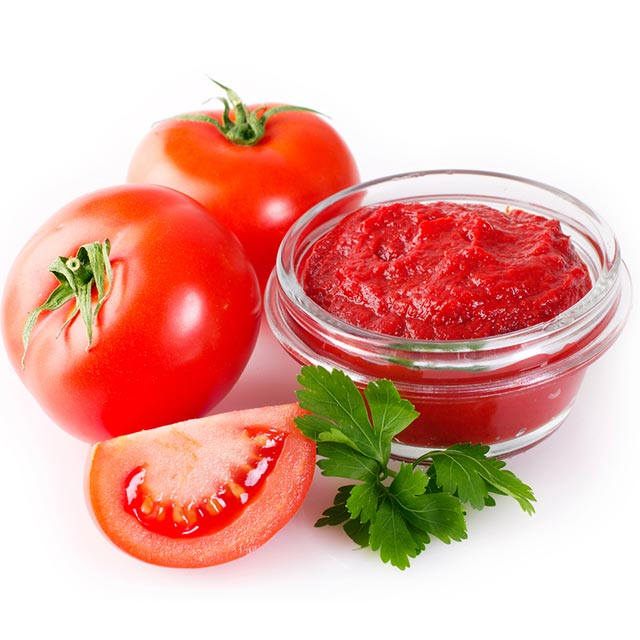
Tomato and tomato products 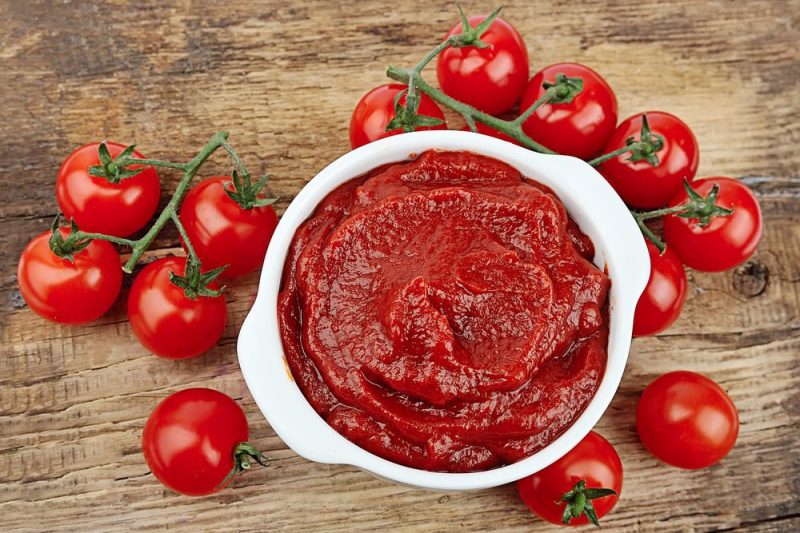
Tomato and tomato products -
Abundant in antioxidants and phytonutrients, blueberries are also high in potassium and vitamin C, making them the top choice of doctors and nutritionists. They are anti-inflammatory and can reduce your risk of heart disease and cancer.
Blueberries are high in nutrients and have been associated to a variety of health benefits, including the protection and preservation of lung function. Malvidin, cyanidin, peonidin, delphinidin, and petunidin are all anthocyanins found in blueberries. Anthocyanin pigments are potent antioxidants that have been found to protect lung tissue from oxidative. According to a research of 839 veterans, blueberry consumption was related to the slowest rate of reduction in lung function, with 2 or more servings of blueberries per week slowing lung function decline by up to 38% compared to low or no blueberry intake.
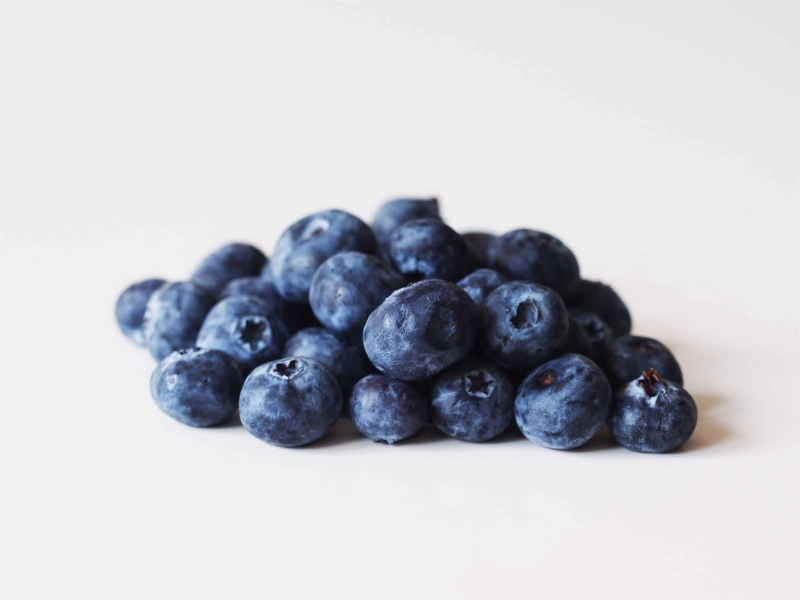
Blueberries 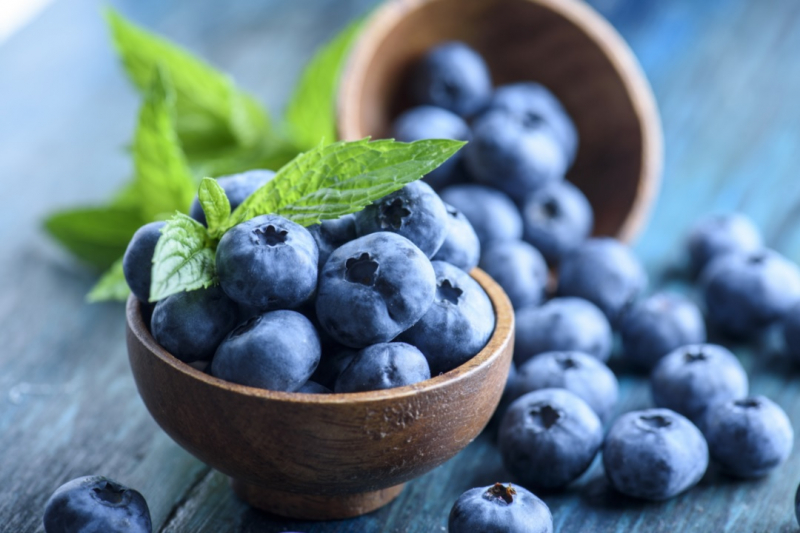
Blueberries -
Green tea is regarded as one of the world's healthiest beverages. It's high in antioxidants, which offer a variety of health benefits, including improved brain function, fat loss, protecting against cancer and lowering the risk of heart disease.
The green tea plant contains a range of healthy compounds that make it the healthiest drink. Green tea contains a catechin called epigallocatechin gallate (EGCG). It has antioxidant and anti-inflammatory properties, as well as the ability to prevent tissue fibrosis or scarring. Pulmonary fibrosis is a lung disease characterized by increasing scarring of lung tissue that impairs lung function. According to certain studies, EGCG may aid in the treatment of this disease. A small 2020 study of 20 persons with pulmonary fibrosis demonstrated that two weeks of treatment with EGCG extract improved fibrosis markers when compared to a control group.
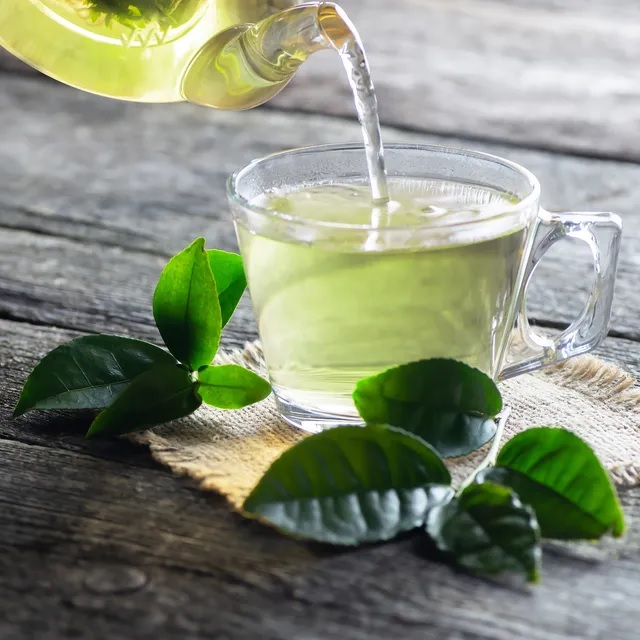
Green tea 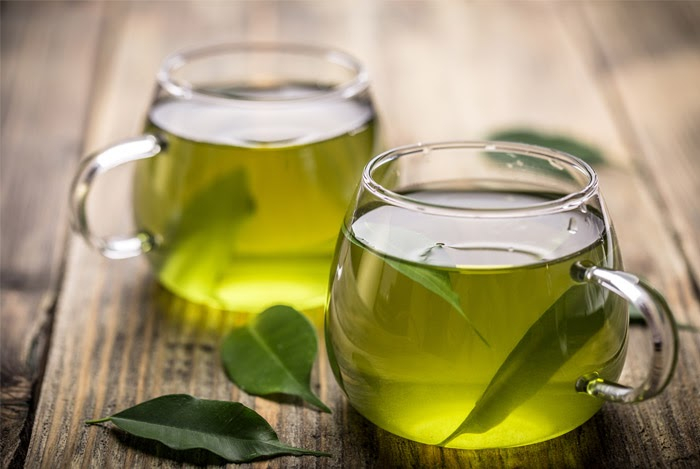
Green tea -
Red cabbage, like cauliflower and kale, is a nutrient-dense cruciferous or Brassica vegetable. The flavonoid anthocyanin and the acidity level of the soil where it's cultivated give this cabbage variety its purple-reddish color. It's high in nutrients, low in fat and calories, and has a long list of health benefits, much like other colorful vegetables.
Red cabbage is a high-anthocyanin food. Anthocyanin intake has been linked to a reduction in lung function deterioration. Furthermore, cabbage is high in fiber, people who consume more fiber have better lung function than those who consume less fiber, according to studies. Red cabbage is easy to incorporate into your diet. Soups, stews, salads, and coleslaw all benefit from the addition of this versatile vegetable. Raw, steamed, sauteed, and fermented, it's excellent. When eaten raw, it maintains the greatest nutrients, but it is still nutritious when cooked.
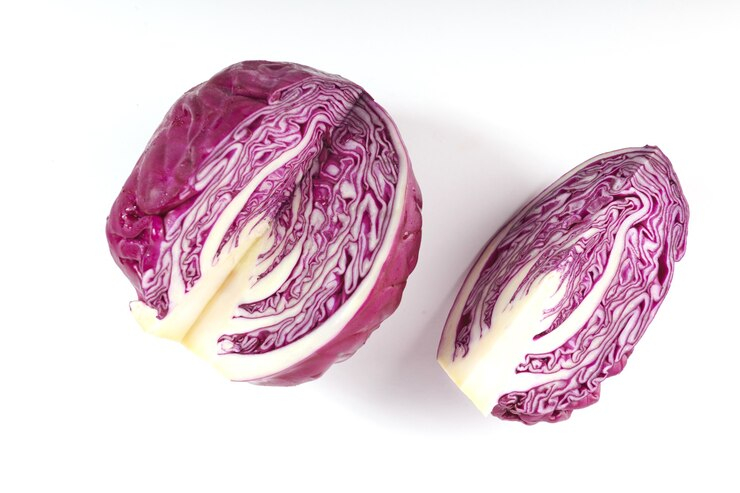
Red cabbage 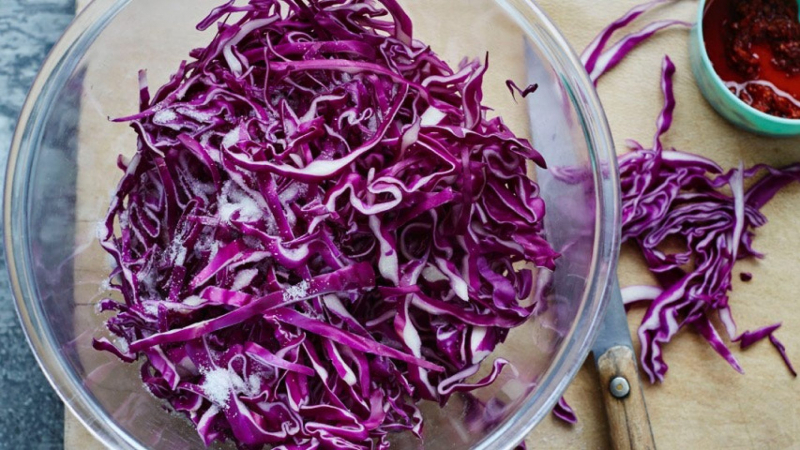
Red cabbage -
Edamame beans, often known as vegetable-type soybeans, are whole, immature soybeans. They're green, unlike normal soybeans, which are generally light brown, tan, or beige in color. It's usually found in the frozen vegetable area of most big supermarkets in the United States. It's also available at most health food stores.
Isoflavones are chemicals found in edamame beans. Isoflavone-rich diets have been associated with a lower risk of a variety of diseases, including COPD. When compared to healthy control groups, those with COPD had considerably lower intakes of dietary isoflavones, according to a study of 618 Japanese adults. Furthermore, isoflavone intake was associated with enhanced lung function and reduced shortness of breath.
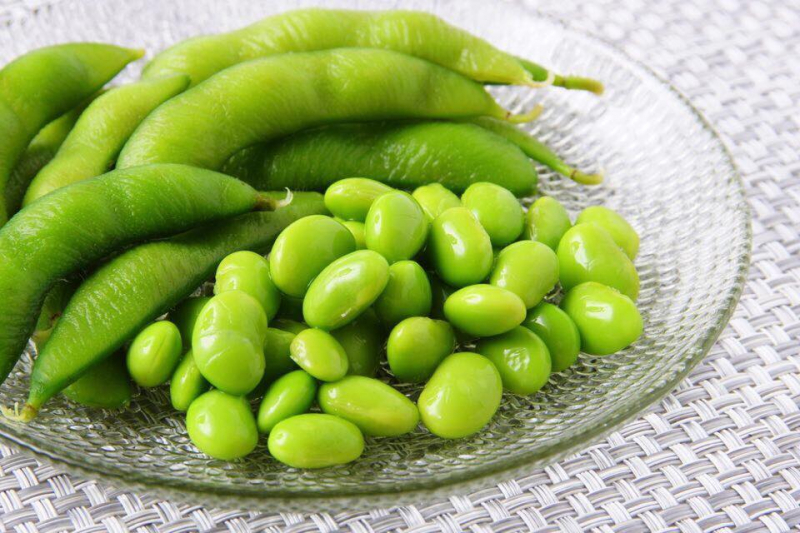
Edamame 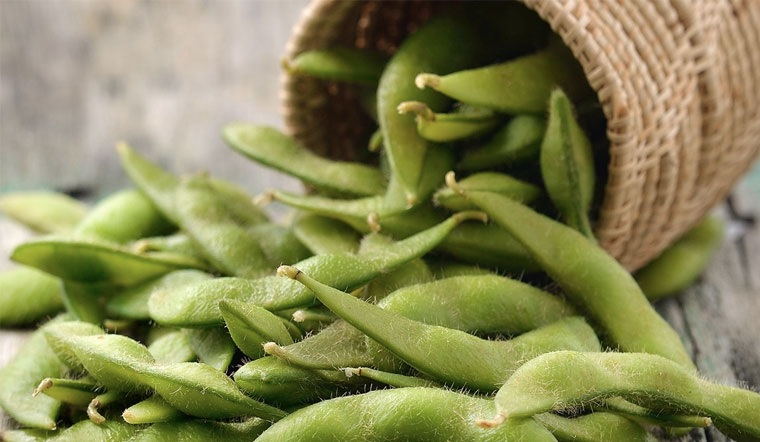
Edamame












